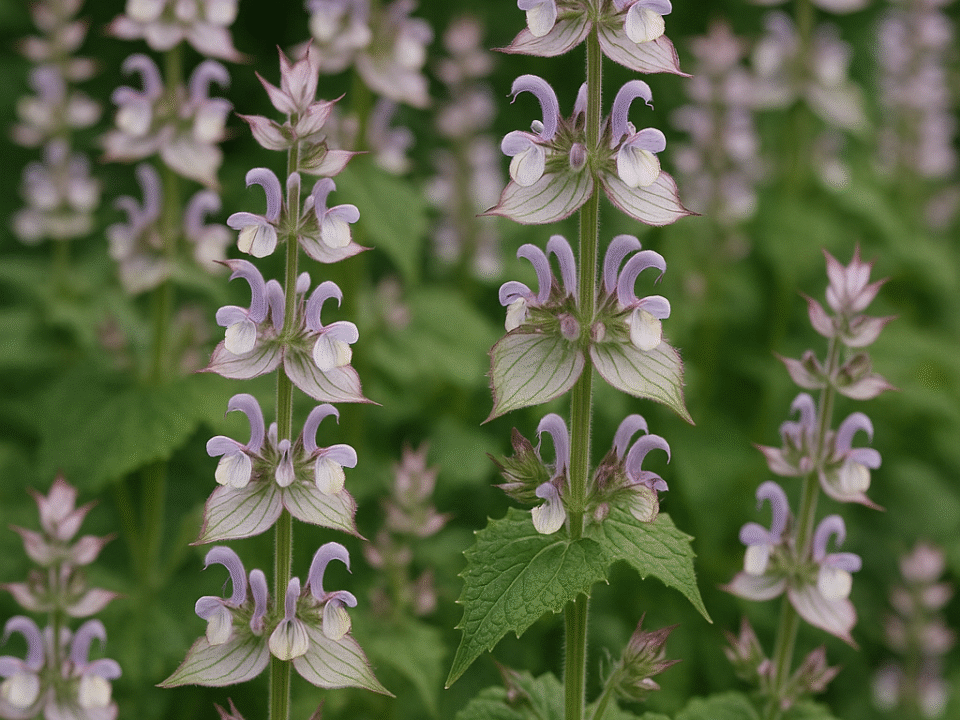
Vitamin K encompasses a group of fat-soluble vitamers that are structurally similar, and widely available in foods and as dietary supplements. This essential nutrient is vital for the human body’s post-synthesis modification of proteins necessary for blood coagulation (derived from the German/Danish word “koagulation”) and plays a key role in the regulation of calcium within bones and other tissues.
Produced by plants, vitamin K1 is most abundant in green leafy vegetables due to its role in photosynthesis. In the animal body, it becomes active as a vitamin, undertaking traditional vitamin K functions, notably in the generation of proteins that facilitate blood clotting.
Beyond its crucial involvement in blood clotting and healing bruises, vitamin K is instrumental in collagen protection. Although its widespread systemic advantages are recognized, the specific ways in which vitamin K acts on the skin remain to be fully understood, despite numerous studies into its topical effects. The consensus suggests a need for further research to draw definitive conclusions.
Vitamin K is touted for its potential to enhance wound healing by fostering wound contraction and aiding in the synthesis of collagen and blood vessels, a vital healing response that assesses and repairs skin damage. It may also exhibit antioxidant qualities through its “redox properties,” which support the skin’s capacity to neutralize reactive oxygen species (ROS) generated from UV ray exposure and pollution.
In skincare, vitamin K is often featured in eye creams claiming to lighten the under-eye area, theorized to be due to its impact on the blood clotting process and its effect on sub-eye blood vessels. Its significant role in blood clotting suggests that topical application could reduce capillary leakage, thereby diminishing dark circles.
Moreover, vitamin K is noted for its ability to lessen dark spots, improve the appearance of stretch marks by enhancing elasticity, and serve as a non-irritating component suitable for all skin types, including sensitive ones. Research indicates its effectiveness in reducing dark circles and wrinkles, especially when combined with retinol and vitamins C and E.
With no known adverse effects, barring individual allergies, vitamin K is safe for all skin types. However, its influence on blood clotting necessitates consultation with a physician for those at risk of blood clots. Its use, primarily in eye creams, can be twice daily, ideally alongside other brightening agents like caffeine, arnica, or retinol to maximize benefits. For added efficacy against puffiness, the application of vitamin K-infused creams with a cooled applicator wand is recommended.



